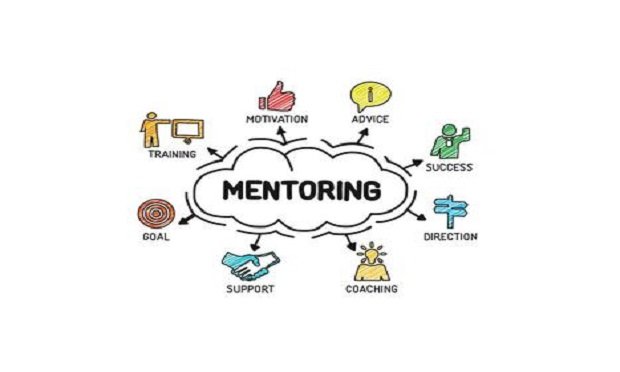 A good mentor should also be empathetic, warm and supportive.(Photo:garagestock/Shutterstock)
A good mentor should also be empathetic, warm and supportive.(Photo:garagestock/Shutterstock)
Mentoring isn’t simply a “nice” thing to do. It can actually be a moneymaker for your agency. Consider that over one-quarter of employees surveyed in a Robert Half & Associates study admitted they are willing to quit a new job in the first three months if they aren’t satisfied.
The cost of employee turnover for a low-paying position — which typically suffers from high-resignation rates — can be 16% of the annual salary for that position. For mid-range positions, this jumps to 20%. If turnover continues unchecked, these costs are paid by the company again and again.
Recommended For You
Want to continue reading?
Become a Free PropertyCasualty360 Digital Reader
Your access to unlimited PropertyCasualty360 content isn’t changing.
Once you are an ALM digital member, you’ll receive:
- Breaking insurance news and analysis, on-site and via our newsletters and custom alerts
- Weekly Insurance Speak podcast featuring exclusive interviews with industry leaders
- Educational webcasts, white papers, and ebooks from industry thought leaders
- Critical converage of the employee benefits and financial advisory markets on our other ALM sites, BenefitsPRO and ThinkAdvisor
Already have an account? Sign In Now
© Touchpoint Markets, All Rights Reserved. Request academic re-use from www.copyright.com. All other uses, submit a request to [email protected]. For more inforrmation visit Asset & Logo Licensing.







